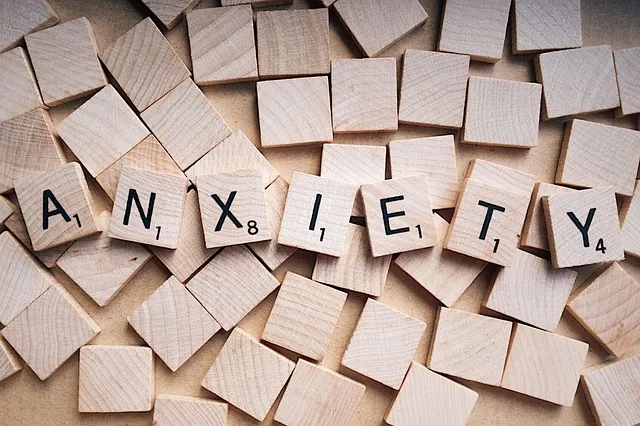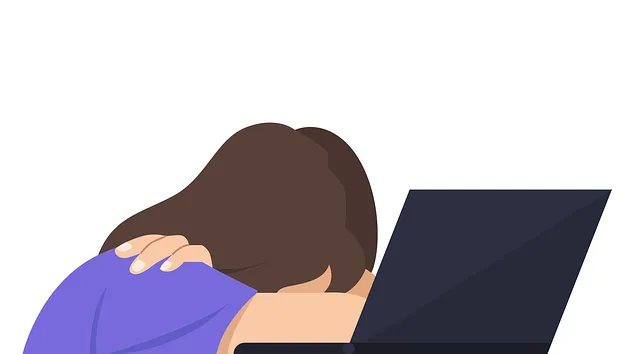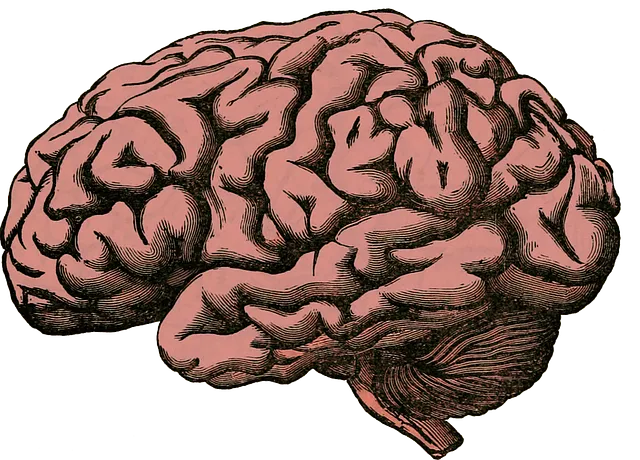Kaiser Permanente mental health Boulder services prioritize coping skills as essential for maintaining mental well-being. They offer a holistic approach, combining individual therapy with community initiatives like Social Skills Training, stigma reduction campaigns, and burnout prevention programs. Evidence-based techniques like cognitive-behavioral therapy (CBT) and mindfulness meditation are taught alongside lifestyle pillars such as physical activity, diet, and sleep to empower individuals to effectively manage stress, regulate emotions, and foster positive thinking, improving mental health outcomes for the broader community.
Coping skills development is a vital aspect of maintaining and enhancing mental well-being. In today’s fast-paced world, effective coping mechanisms can significantly impact our overall resilience. This article offers a comprehensive guide to understanding and cultivating robust coping strategies. We explore the foundational concepts, highlighting Kaiser Permanente Boulder’s innovative approach to fostering mental health through coping skills development. Additionally, we provide practical tips for individuals seeking to build resilient coping skills in their daily lives.
- Understanding Coping Skills: An Overview for Mental Well-being
- Kaiser Permanente Boulder's Approach to Coping Skills Development
- Practical Strategies for Building Resilient Coping Skills
Understanding Coping Skills: An Overview for Mental Well-being

Coping skills are essential tools for maintaining mental well-being, and recognizing their importance is a significant step towards enhancing overall health. In the context of Kaiser Permanente mental health Boulder services, understanding coping strategies allows individuals to navigate life’s challenges more effectively. These skills enable people to manage stress, regulate emotions, and promote positive thinking, all of which are vital for fostering resilience. By learning various techniques, such as conflict resolution methods and mood management strategies, individuals can improve their ability to cope with adversity and maintain a sense of balance.
The development of coping skills involves identifying personal strengths and weaknesses, understanding one’s emotional responses, and adopting healthy behaviors. Mental health professionals play a crucial role in teaching these skills, especially through risk assessment techniques that help identify triggers and potential hazards. By equipping individuals with an array of coping mechanisms, Kaiser Permanente’s mental health services in Boulder aim to empower people to take charge of their mental well-being and lead more fulfilling lives.
Kaiser Permanente Boulder's Approach to Coping Skills Development

Kaiser Permanente Boulder takes a holistic approach to coping skills development, integrating various initiatives into their mental health services. They recognize that effective coping strategies require more than just individual therapy; it involves fostering a supportive environment and empowering individuals with practical tools. One key aspect of their strategy is the implementation of Social Skills Training, which equips clients with communication and relationship-building techniques to navigate social interactions more confidently.
Additionally, Kaiser Permanente Boulder contributes to the broader community through Public Awareness Campaigns Development, focusing on mental health literacy and reducing stigma. They believe that increased public awareness can lead to earlier interventions and better coping strategies for all. Furthermore, the organization prioritizes Burnout Prevention by encouraging self-care practices and providing resources to help individuals manage stress and maintain resilience in their daily lives.
Practical Strategies for Building Resilient Coping Skills

Building resilient coping skills is a proactive approach to navigating life’s challenges, and Kaiser Permanente mental health Boulder offers valuable resources for this journey. One practical strategy involves adopting evidence-based techniques such as cognitive-behavioral therapy (CBT) and mindfulness meditation. CBT equips individuals with tools to challenge negative thought patterns and replace them with healthier alternatives, fostering a more positive mindset. Mindfulness meditation teaches individuals to stay present, focusing on the here and now, which can reduce stress and anxiety levels.
Additionally, engaging in regular physical activity, maintaining a balanced diet, and prioritizing adequate sleep are essential pillars of coping skills development. These lifestyle choices not only support overall mental wellness coaching programs development but also enhance one’s ability to cope with difficult situations. By incorporating practical strategies like these into daily routines, individuals can build resilience, improve their emotional well-being, and effectively manage symptoms of depression prevention.
In conclusion, coping skills development is a vital aspect of maintaining and enhancing mental well-being. As highlighted by Kaiser Permanente Boulder’s innovative approach, integrating practical strategies into daily life can foster resilience in the face of challenges. By understanding and cultivating these skills, individuals can navigate life’s complexities more effectively, leading to improved overall mental health. Incorporating evidence-based techniques shared in this article empowers folks to take control of their well-being, much like Kaiser Permanente Boulder does for its community.






